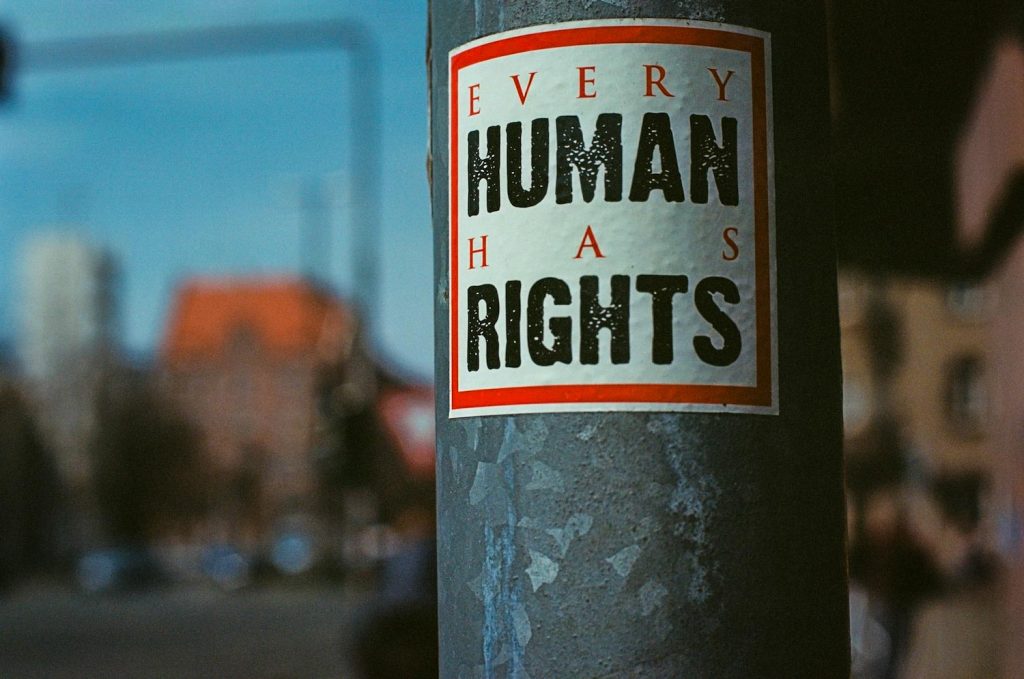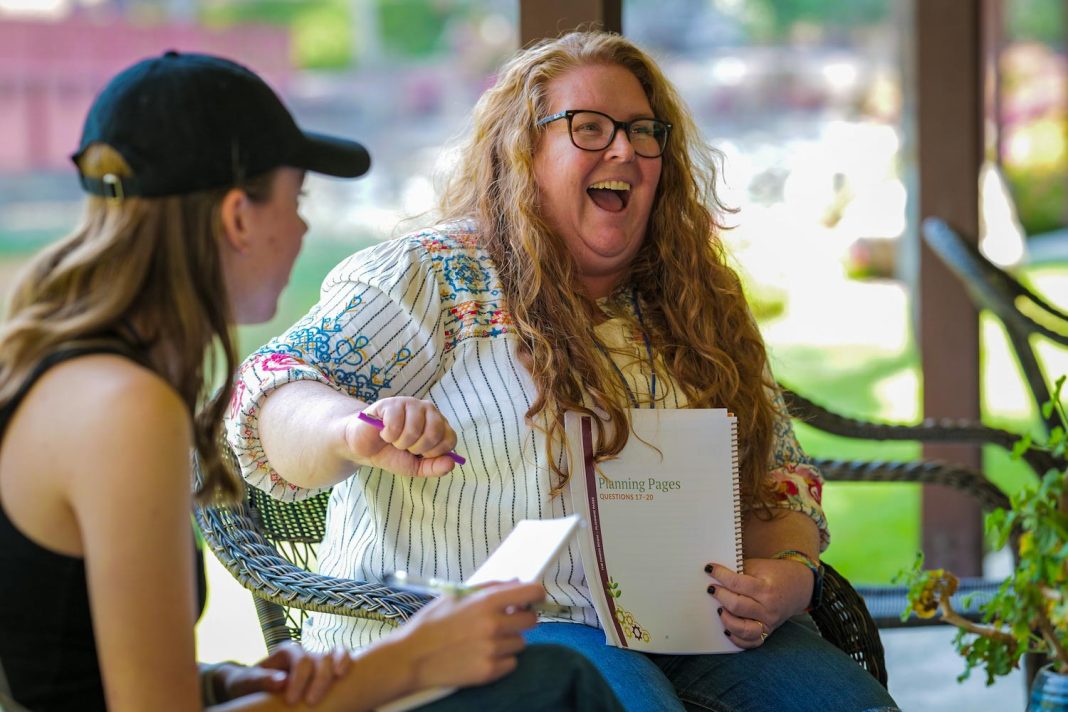JPI Urban Europe put out a call for projects researching urban migration in Europe. The outcome is a current knowledge base that gives insights into how migration impacts the lives and workings of a city, and how these affect the experiences of new arrivals. What has been made clear from this process is that non-governmental organisations (NGOs) play a major role in the understanding, support, and integration of migrants and how cities respond to their needs. This deserves special attention. The intention of this article is to form a clear picture of the main functions NGOs provide in migrant infrastructures, and why, so that future planning, actions, and policies are constructed to make best use of these resources.
Migration is a contentious issue, and cities are still figuring out how best to handle it.
Through the experience they have in working with migrants, organisations working in this field – but which operate separate to local authorities and the private sector – can shed some light not only on best practices but also where there’s still plenty of work to do.
The eight research projects from JPI Urban Europe’s Urban Migration call make reference to a variety of these organisations: local voluntary groups; activists; community sector organisations; civil society, community, or grassroots associations; non-for-profits; the Third Sector; charities; and Civil Society Organisations (CSOs). For the sake of simplicity, we consolidate them all into the single term ‘Non-Governmental Organisations’ (NGOs).
Benefits & Challenges
NGOs play a distinctive role in alleviating the challenges migrants face, and their overall experiences within a city. Where European municipalities are constrained by budgets and lack the time and expertise to respond, NGOs are key to migrant engagement.
Vulnerable and marginalised people trust NGOs, not least because their support tends to be more empathetic than that from official channels.
Local authorities can exert flexibility in their interpretation of national policy to make the services and support that they offer on-the-ground more suitable for migrants’ needs. Still, politics may have some influence. This isn’t the case for NGOs – at least, not unless the municipality funds them and stipulates how this money is used. That’s why some organisations prefer to remain independent, seeking donations from philanthropists and the public instead. This way, they retain the flexibility to set their own constitution, allowing them to serve the interests of one particular group, unlike local governments.
So, whereas migrants may avoid some official channels, they are willing to turn to NGOs, reducing their likelihood of becoming ‘invisible’.
In turn, by working directly with migrants, NGOs have gained the cultural awareness needed to better understand the challenges they face and so can provide appropriate, individualised support, respond quickly to crises, create safe spaces to meet, and bridge the chasm between migrants and legal frameworks, authorities, and support services generally.

Services Don’t Support Migrants, People Do
As it turns out, though, even with NGOs on the job, migrants are underserved. Because there’s little financial capital or stability in the world of an NGO, the greater the proportion of migrants in a neighbourhood, the fewer NGO provisions there are per capita. Unfortunately, this can also cause a brain drain as expertise is lost to higher paid jobs in other sectors.
But NGO staff are often passionate about their cause, going ‘above and beyond’ to ensure clients get the support they require. Some staff in municipal departments offer discretionary support in a similar manner. It’s a kindly gesture but hardly a move for equality. They’re also quite discreet about it, making it harder for NGOs to form reliable referral links with the most active personnel at a city level.
Having said that, there are plenty of signs of increased collaborations between NGOs and cities which aren’t only financial.
Municipalities frequently turn to NGOs as intermediaries, recognising their experiential expertise in dealing with migrants’ issues and the complex challenges that are inherent in irregular, precarious, and fluctuating immigrations statuses. They often deal with key issues relating to language, law, housing, employment, health, and education.
NGOs have extensive experience in handling discrimination, migration, and social inclusion, and can make the process easier for newcomers by providing them with information and counselling.
HOUSE-IN
A Pathway to Medical Services
On occasions, authorities and NGOs run similar services in parallel, each benefitting their target groups. In Vienna, for example, the municipality funds faith groups and NGOs to provide low-threshold access accommodation.
Precarious migrants value the promise of confidentiality assured by NGO services. They also appreciate flexibility, such as with drop-in medical services and appointment-free consultation. This seems to work well because of the face-to-face contact; conversely, the digitised and telephone-based services that were implemented during COVID-19 lockdowns failed for migrants, largely because of language barriers.
In Vienna, the Red Cross and Protestant charity Diakonie cover primary and specialist heath care, including dentistry, gynaecology, and pediatrics. Their patients also benefit from pro-bono collaborations with laboratories and diagnostic centres. In Frankfurt, individuals can access a student-run polyclinic for free, or make use of a municipality-funded and run health centre regardless of residency status or lack of insurance.
Credit: YouTube / COMPAS, University of Oxford
These arrangements have worked, the NGOs and Local Health Authority say, because both sides are committed to open communication and hierarchy-free cooperation.
Sometimes it makes sense for NGOs to work separately from the city, but I think both can gain something when they work in stable alliances.
Bettina Reimann, Inclusive Housing
Recognising the Work of NGOs
As this example shows, non-state actors can – and ideally should – work on an equal footing with city authorities and be recognised for the value they add.
In an understaffed environment, people’s dedication to fulfilling duties combined with high demand for their services makes long working hours common. Interview partners for the research stressed how a reliance on volunteers and donations adds to the fragility of their services.
Volunteer networks connected to faith institutions can go ‘unseen’ altogether, even though they do work that the public might expect authorities to provide. In London, churches, temples, and mosques stand out for their community support efforts. They are well known for organising food banks – a genuine lifeline for destitute migrants.
Religion and faith have a special social significance for migrants and ethnic communities alike.
MAPURBAN
NGOs do not impose restrictions based on legal residency status either, making their services universally accessible. This is what gives Stockholm’s highly popular volunteer-run language cafes a much broader appeal than official classes. It’s a demonstration of the ingenuity with which such organisations address the common problems obstructing migrants’ integration.

A Focus on Legal Services
Given the need to work together, it’s shocking to learn from the research that even some NGOs distrust authorities.
This was seen in Cardiff, where concerns were raised about municipalities potentially passing precarious migrants’ data to the Home Office, endangering their residency. NGOs in numerous cities produce alternative services to bypass this.
On the subject of law: migrants of all statuses in Europe are subject to immigration law, social law, and alien’s law. It’s a minefield to comprehend.
For a migrant, understanding and securing a regularised legal status provides some reassurance. But local authorities rarely have internal expertise to give advice or deal with migrants’ legal issues.
This lack of legal support can result in a wrong or prolonged status of precarity. So, there’s a need for more legal assistance, advice, and expertise – not just for (precarious) migrants but also authorities and NGOs working with this target group.
The research did locate a handful of NGOs who offer multilingual legal counselling, but they are few and far between. That’s why charitable legal support is overburdened. There were also limits to their capabilities, the majority sticking mainly to helping file asylum claims, applying to extend a status/right to stay, or fighting deportation notices.

Solutions Learnt from European NGOs
Even where advice is available, few NGOs offer legal representation. Legal aid could potentially help plug this gap but, in the same old story, funding was found to be short-term and continuation never certain.
Generally speaking, this results in priority being given to asylum seekers and refugees to the detriment of migrants with a precarious status, who can rarely afford private counsel.
There remains a desperate need for funding structures that enable NGOs to provide comprehensive legal support. But even without this, the research revealed how else NGOs are creating better experiences for new arrivals.
A Culture of Sharing
The ProSHARE study focused on how non-commercial sharing is practiced in socially mixed neighbourhoods and what conditions are needed to make it happen. This includes the sharing of equipment (e.g. clothes, books, domestic appliances), (living) spaces, and information, advice, guidance, practical help, and services. By sharing, competition for recourses within communities and between different demographics is reduced – housing, for example – thereby assisting cohesion.
In the Bagneux neighbourhood of Paris, France, 45% of residents have an immigrant background. Here, the local administration has triggered the creation of an impressive number of NGOs that encourage and enable sharing. How? With sustained funding over decades.
However, there’s little collaboration between them, and the absence of common objectives impinges on efficiency. At worst, it’s caused official sharing infrastructure to be “ignored or misused”, the ProShare team reveals.
On the bright side, the very presence of a sharing culture has spurred on the development of spontaneous and informal acts of sharing amongst the community, thus exposing migrants to greater opportunities to engage socially.
Representation
Close community ties are a strength of NGOs.
The Art of Belonging project used creative tools and participation in cultural placemaking to investigate the relationship between art and social integration. To help out, the team in Lund, Sweden, enlisted Dari- and Arabic-speaking youth leaders, whose diverse backgrounds helped break down barriers with participants.
Trust was built on these foundations. And, as these groups mainly comprised young female refugees, that trust was also expressed by the families allowing them to attend.
Housing Provision
Playing on Peter Cachola Schmal’s idea that “we don’t have a refugee crisis, we have a housing crisis”, HOUSE-IN draws our attention to the seemingly eternal tug-of-war between a city’s duty of care to its residents and overstretched (and affordable) housing provision. This project, incidentally, assessed the impact that innovative, inclusive housing strategies have on migrant integration in urban neighbourhoods.
NGO-managed housing stock and shelters can plug gaps and grant priority to those most in need.
As such, this positions NGOs to bring together and negotiate with the full spectrum of a city’s housing market actors to encourage a more informed, appropriate range of accommodation and negotiate fast-track placements for the most vulnerable.
This has proven effective in markets dominated by the private sector – like Riga, Estonia – and where there’s a high concentration of social housing, such as in Vienna.

The Private Sector
But it’s not all up to the third sector. Commercial and corporate entities should not shirk their own responsibilities when it comes to the needs of vulnerable communities.
Compared to public authorities and NGOs, the private sector has an abundance of resources to offer, including more generous cash flows, in- and outdoor spaces, trained and diverse personnel, and equipment.
NGOs are grateful for the in-kind support firms are willing to offer. Volunteers, help with visibility, funding, time, and professional expertise – like that all-important legal advice – contribute much to what NGOs can offer the migrants they support.
NGOs – An Essential Part of Arrival Infrastructure
It seems that cities rely on NGOs as much as their beneficiaries do. As such, it’s not a big ask to expect that they get help from the general population, authorities, and corporate world in their remit to support newcomers as they settle.
Only with the right resources and a great deal of fluid and unpoliticised cooperation can NGO-delivered services make the most impact. Securing this support, along with stable long-term funding, has to be a start.
Note: This article is commissioned by and produced in collaboration with JPI Urban Europe, a European research and innovation hub founded in 2010. JPI Urban Europe funds projects which address pertinent global urban challenges. Between January 2021 and January 2023, their support enabled eight projects to explore the concepts of urban migration and integration. CityChangers.org has partnered with JPI Urban Europe to make the findings of these research projects more tangible and accessible to a wider audience. More details about the Urban Migration call can be found on the JPI Urban Europe website. The original version of this article is published here.


